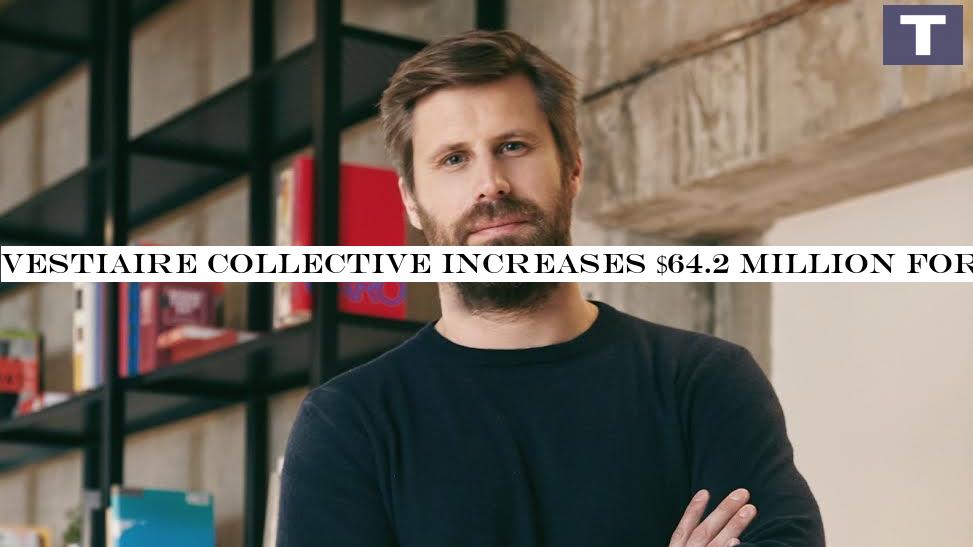Voyage has cleared a regulatory hurdle that will allow the company to expand its self-driving service from the private roads of a retirement community in San Jose, Calif. to public roads throughout the rest of the state.
The California Public Utilities Commission issued a permit Monday that gives Voyage permission to transport passengers in its self-driving vehicles on the statepublic roads. The permit, which is part of the stateAutonomous Vehicle Passenger Service pilot, puts Voyage in a new and growing group of companies seeking to expand beyond traditional AV testing. Aurora, AutoX, Cruise, Pony.ai, Zoox and Waymo have all received permits to participate in the CPUCDrivered Autonomous Vehicle Passenger Service Pilot program.
The permit also puts Voyage on a path toward broader commercialization.
The company was operating six autonomous vehicles — always with a human safety driver behind the wheel — in The Villages, a community of more than 4,000 residents in San Jose, Calif. (Those activities have been suspended temporarily under a statewide stay-at-home order prompted by the COVID-19 pandemic.) Voyage also operates in a 40-square-mile, 125,000-resident retirement city in central Florida.
Voyage didn&t need a CPUC permit because the community is made up of private roads, although CEO Oliver Cameron said the company wanted to adhere to state rules regardless of any technicalities. Voyage was also motivated by a grander ambition to transport residents of The Villages to destinations outside of the community.
&We want to bring people to all the things that live outside The Villages, facilities like hospitals and grocery stores,& Voyage CEO Oliver Cameron told TechCrunch in an interview Monday.
Voyagestrategy was to start with retirement communities — places with specific customer demand and a simpler surrounding environment. The demographic that Voyage serves has an average age of 70. The aim isn&t to change its customer base. Instead, Cameron wants to expand the companycurrent operational design domain to give Voyage a bigger reach.
The end goal is for Voyagecore customers — people Cameron dubs power users — to be able to use the service for everything from heading to a neighborhouse for dinner to shopping, doctorvisits and even the airport.
The CPUC authorized in May 2018 two pilot programs for transporting passengers in autonomous vehicles. The first one, called the Drivered Autonomous Vehicle Passenger Service Pilot program, allows companies to operate a ride-hailing service using autonomous vehicles as long as they follow specific rules. Companies are not allowed to charge for rides, a human safety driver must be behind the wheel and certain data must be reported quarterly.
The second CPUC pilot would allow driverless passenger service — although no company has yet to obtain that permit.
Under the permit, Voyage can&t charge for rides. However, there might be some legal wiggle room. Voyage can technically charge for rides within The Villages; in fact, prior to the COVID-19 pandemic-related shutdown, the company had started charging for a ride-hailing service.
Rides outside of The Villages would have to be free, although itunclear if the company could charge for mileage or time until the vehicle left the community.
Voyage has aspirations to take this further. The company is also applying for a traditional Transportation Charter Permit, which is required for limousine, bus and other third-party charter services. Cameron said the company had to go through the stringent application process for the CPUCDrivered AV permit first.
The CPUC programs shouldn&t be confused with the California Department of Motor Vehicles, which regulates and issues permits for testing autonomous vehicles on public roads — always with a safety driver. There are 65 companies that hold autonomous vehicle testing permits issued by the DMV. Companies that want to participate in the CPUC program must have a testing permit with the DMV.

 6
6









 Announcement time! We recently received a CPUC permit granting permission to move CA residents in driverless cars.
Announcement time! We recently received a CPUC permit granting permission to move CA residents in driverless cars. @zoox @Cruise @Waymo @aurora_inno) - can&t wait to get back on the road to serve seniors. We miss you
@zoox @Cruise @Waymo @aurora_inno) - can&t wait to get back on the road to serve seniors. We miss you  pic.twitter.com/VBPtNQjRI1
pic.twitter.com/VBPtNQjRI1